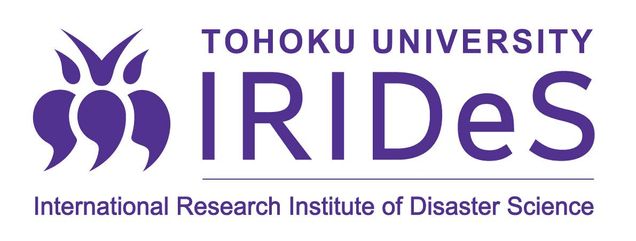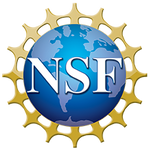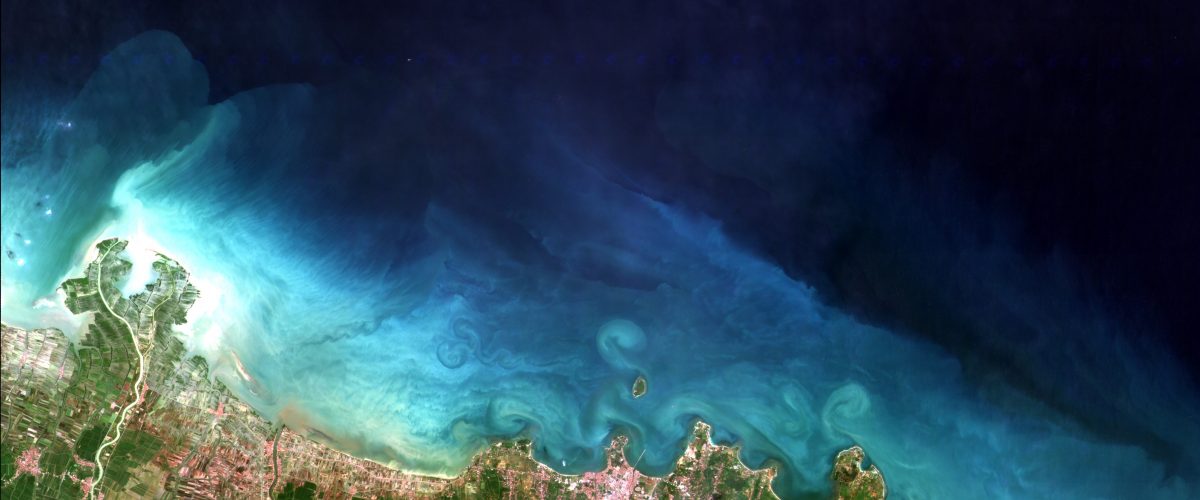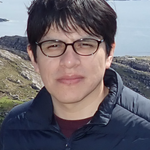Advanced Studies Institutes: Coastal Zone Hazards
The Advanced Studies Institutes (ASI) program for U.S. graduate students is supported by National Science Foundation (NSF) and provides students with the opportunity to engage with global experts in coastal zone hazard research. Each year a cohort of 12-14 U.S. graduate students will participate in a two-week summer program to be held in one of the three participating research centers abroad, i.e., University of South Brittany in France (2023), Tohoku University in Japan (2024), and University of Diponegoro in Indonesia (2025). The program is jointly run with foreign site collaborators and U.S. collaborators at Boston University, Northern Arizona University, and University of Alaska Fairbanks. Selected graduate students will participate in pre-travel virtual orientation, on site orientation, two weeks of hands-on classroom, laboratory, and field training, and cultural enrichment activities in the respective ASI sites. The training program will culminate with post-program follow-up activities.
The second ASI Program in Advanced Studies of Coastal Zone Hazards will be held in Tohoku University, Sendai, Japan, from 20th May to 1st June 2024

U.S. graduate students enrolled in MS or PhD programs in earth, disaster, data and social sciences as applied to coastal zone hazards and resilience are eligible to apply, but preference will be given to those who have completed at least two years of graduate study.
Benefits
- Opportunity to engage in cutting edge coastal zone research at various field locations
- Interact with global experts in coastal marine geology, tectonic geomorphology, earthquakes, tusnamis, coastal hazards, remote sensing, geospatial science, big data analytics, computer sciences
- Professional development activities
- All foreign expenses covered
Eligibility
- U.S. citizen or permanent resident
- Must have a valid U.S. passport or international passport (with permanent resident card) with an expiration date no earlier than 6 months after the date of the return flight
- Currently enrolled as MS or PhD student working in the field of earth sciences, geosciences, geohazards or geospatial information sciences
- Prior training in GIS or remote sensing is highly desired (but not mandatory)
- Adhering to all COVID protocols and requirements for foreign site and the U.S.
- Agree to participate in post-program follow-up research activities
- Students from diverse backgrounds are encouraged to apply
Application
Applications are open to graduate students across the U.S., with a key priority to recruit students from traditionally underrepresented groups (women, persons with disabilities, and minorities). Interested students should submit the application through NSF Education and Training Application (ETAP) portal (click on Apply Here button above or go to https://etap.nsf.gov) by February 5, 2024.
The following application package should be uploaded in ETAP:
- A copy of your graduate transcript(s)
- A CV summarizing education, employment experience, relevant professional achievements (e.g. publications, awards, grants), and evidence of service/leadership (2-pages)
- A professional statement on how the course will advance their professional and career goals (1-page)
- A statement describing the student´s experiences with and commitment to engaging in conservation of coastal zones and/or adaptation to climate change (1-page)
- Two recommendation letters (one from your graduate supervisor plus one additional professional mentor) are required
No Prior Japanese Language Skills Required
Applications will be assessed on the following criteria
- Career advancement: Will the course aid the student in advancing their graduate research and/or reaching their career goals?
- Strength of candidate: How successful has the candidate been in prior graduate coursework and other professional metrics?
- Impact to research activities: Does the student have the potential to contribute a unique and under-represented perspective on coastal zone science?
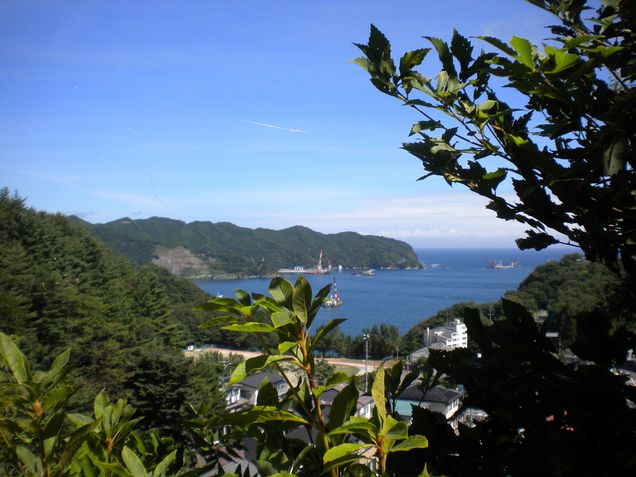
Learning Objectives
The Advanced Studies Institutes will help to address the current shortage in transdisciplinary researchers equipped to deal with the problems facing coastal zones and other marine ecosystems.
Through participation in these ASIs, students will:
- Understand the role of physical-social-ecological factors in coastal zone disaster management, preparedness, mitigation and conservation.
- Acquire modern scientific communication skills by writing a series of blogs and through readings and lectures.
- Obtain practical scientific skills and expand their scientific network through the implementation of independent projects.
- Develop an inter- and transdisciplinary understanding of coastal marine geosciences and disaster science through field-based training and lectures in a range of disciplines, including marine and structural geology, climate change, coastal hazards, computing and data sciences, decision support systems, survey sensor technology.
- Learn about SAR and Optical Remote Sensing, Deep Learning, AI and other advanced computing techniques applied to coastal zone research.
- Gain scientific presentation skills in a range of modalities by writing a report summarizing their research findings and presenting their project during a presentation at the end of each ASI during a student symposium.
Key Dates in 2024
Application submission deadline – 10th February 2024
Decisions sent to applicants – 26th February 2024
Pre-travel workshop – Spring 2024
ASI summer program – 20th May to 1st June 2024
Post-travel workshop – Fall 2024
Course Instructors
|
|
|
|
|
|
|
|
|
|
|
|
International Partnerships



